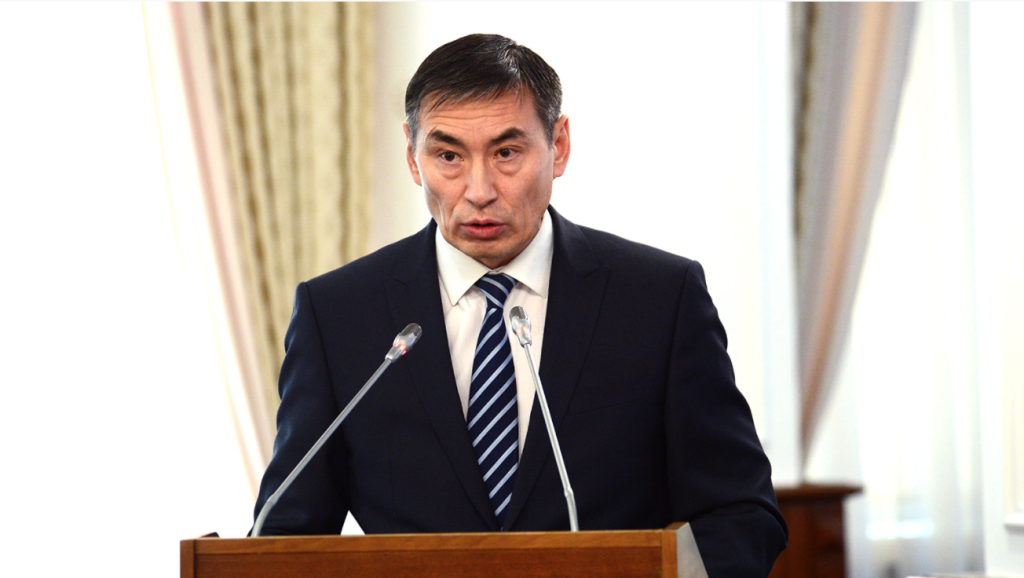ASTANA – The Kazakh Ministry of Agriculture is seeking to incorporate advanced agricultural technologies in the search for digital solutions to boost the nation’s economy as it seeks to join the world’s 30 most developed countries. Digitising state regulation and technological renewal are the two key tasks, according to First Vice Minister of Agriculture Arman Yevniyev.
Digitising the nation’s agricultural complex is aimed at increasing productivity and efficiency through technology, as well as involving businesses in developing IT in the field. The ministry set up the digitisation office for that purpose, he said during a regular government meeting on Jan. 30.
The ministry currently provides 101 services, 62 of which are only partially automated. Plans are underway to switch 89 services to an automated format in the next two years.
Yevniyev noted the essential component in digitising agriculture is for companies and farmers to introduce new technologies. He emphasised the importance of using precision tools.
“Precision farming is a global trend today. Almost all regions have farmers that bring precision agriculture components forward,” he said.
Precision farming achieves greater productivity with fewer resources, as the use of satellite and computer technologies, including high precision positioning systems, sensors and autopilot steering systems, gives farmers the tools to construct a detailed picture of their fields and field variability.
More than 70 percent of agriculture equipment possesses at least one aspect of precision farming. The relevant measures are expected to decrease losses in the field by 25 percent, added Yevniyev.
The ministry is also planning to introduce a smart farms system that allows monitoring and controlling livestock, ensures automated management of greenhouses and keeps online records and an expense analysis.
“Smart farms entail minimal human contribution when it is more about robot systems managing all cycles of activities on the farm,” he noted.
Farmers will also learn how to obtain meteorological data from international practices, he added.
The ministry plans to launch pilot projects in the Akmola and Karaganda regions and will continue to develop the electronic grain receipts system.
“Nineteen million tonnes of grain worth more than 627 billion tenge (US$1.95 billion) were sold through this system in 2017; therefore, the system will be working and developing further,” said Yevniyev.
The system currently includes online grain balance monitoring, statistics on grain prices, grain insurance and rating grain receiving facilities. It leaves no room to forge grain receipts and reduces expenses by 700 million tenge (US$2.17 million) annually, according to the ministry.
As part of this year’s system development, the agriculture sector will receive blockchain technology and the opportunity to order grain carriers online, said Yevniyev.
Work has begun to launch online trading by 2020, which will allow foreign buyers to purchase grain. This year, the ministry will develop a detailed logistics map of the agricultural complex including existing terminals, storages and distribution centres as well as those to be constructed.
“Digitisation will enhance competitiveness and labour productivity and ensure food safety and the flow of investments in the industry. In general, the economic effect will reach around 40 billion tenge (US$124.4 million) by 2025,” he added.


